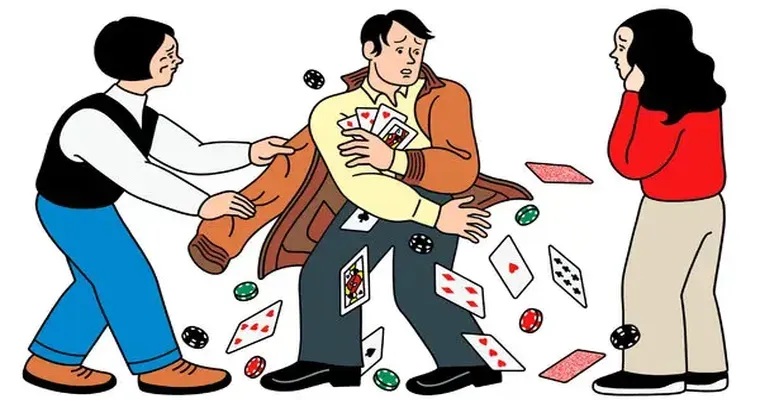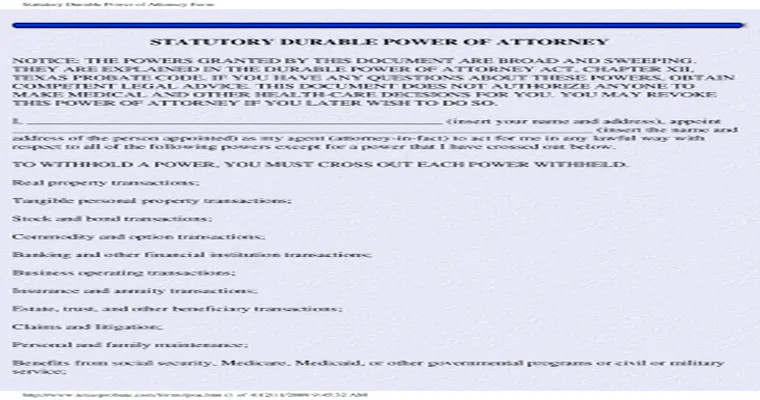At 91 years old, my mom’s life revolves around "unrecovered codependency" and the grip of "alcoholism" that has affected our family for decades. This reality is not just a personal struggle; it’s a painful truth that resonates with many families grappling with the long-lasting effects of addiction. The cycle of codependency can be incredibly challenging to break, and the impact of "alcoholism" often lingers far beyond the initial battles with the bottle.
Growing up, I witnessed how my mother’s relationship with alcohol shaped her identity and our family dynamics. Despite her age, she seems to be stuck in a cycle of dependency that has turned into a burden for those around her. Her "codependent behavior" has manifested in ways that continually wear us down emotionally and mentally. We find ourselves constantly navigating her needs, attempting to shield her from the consequences of her actions, and managing the fallout of her choices.
The reality is that "alcoholism" doesn’t just affect the individual; it creates a ripple effect that impacts everyone in the family. For years, we have tried to encourage her to seek help, to find recovery, and to understand the importance of self-care. Yet, she clings to her "unrecovered codependent" patterns, which often leaves us feeling frustrated, helpless, and even guilty for wanting a different life for ourselves.
The term "codependency" often refers to a relationship dynamic where one person’s needs are prioritized over another’s, leading to unhealthy patterns of behavior. In our case, my mom’s reliance on us for emotional support has become overwhelming. We find ourselves tiptoeing around her feelings, often sacrificing our own well-being to maintain peace and stability. This imbalance creates a toxic environment that is difficult to escape, especially when we feel obligated to care for her due to her age.
As we navigate these challenges, it is essential to recognize that "alcoholism" is a chronic disease that often requires professional intervention. While we want to support her, we also need to prioritize our mental health and well-being. Setting boundaries is crucial, yet it feels daunting when faced with the weight of her expectations. We must learn to detach with love, understanding that her choices are not our responsibility, even if it feels like an uphill battle.
Sharing this truth about my mom’s life and the impact of "unrecovered codependency" and "alcoholism" serves as a reminder to others who may be in similar situations. It is vital to acknowledge the struggles of both the individual suffering from addiction and the family members who are affected. Seeking support, whether through therapy or support groups, can provide the tools necessary to cope with the complexities of these relationships.
In conclusion, my mom’s journey demonstrates that "alcoholism" is not just a phase but a lifelong struggle that can entangle families in a web of "codependency". It is essential for us to share our stories, seek understanding, and foster conversations about the realities of addiction. By doing so, we can begin to break the chains of codependency and pave the way toward healing for ourselves and our loved ones.





